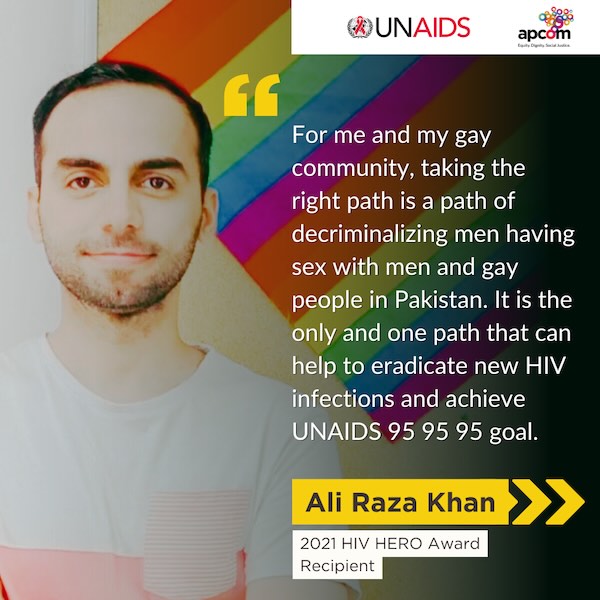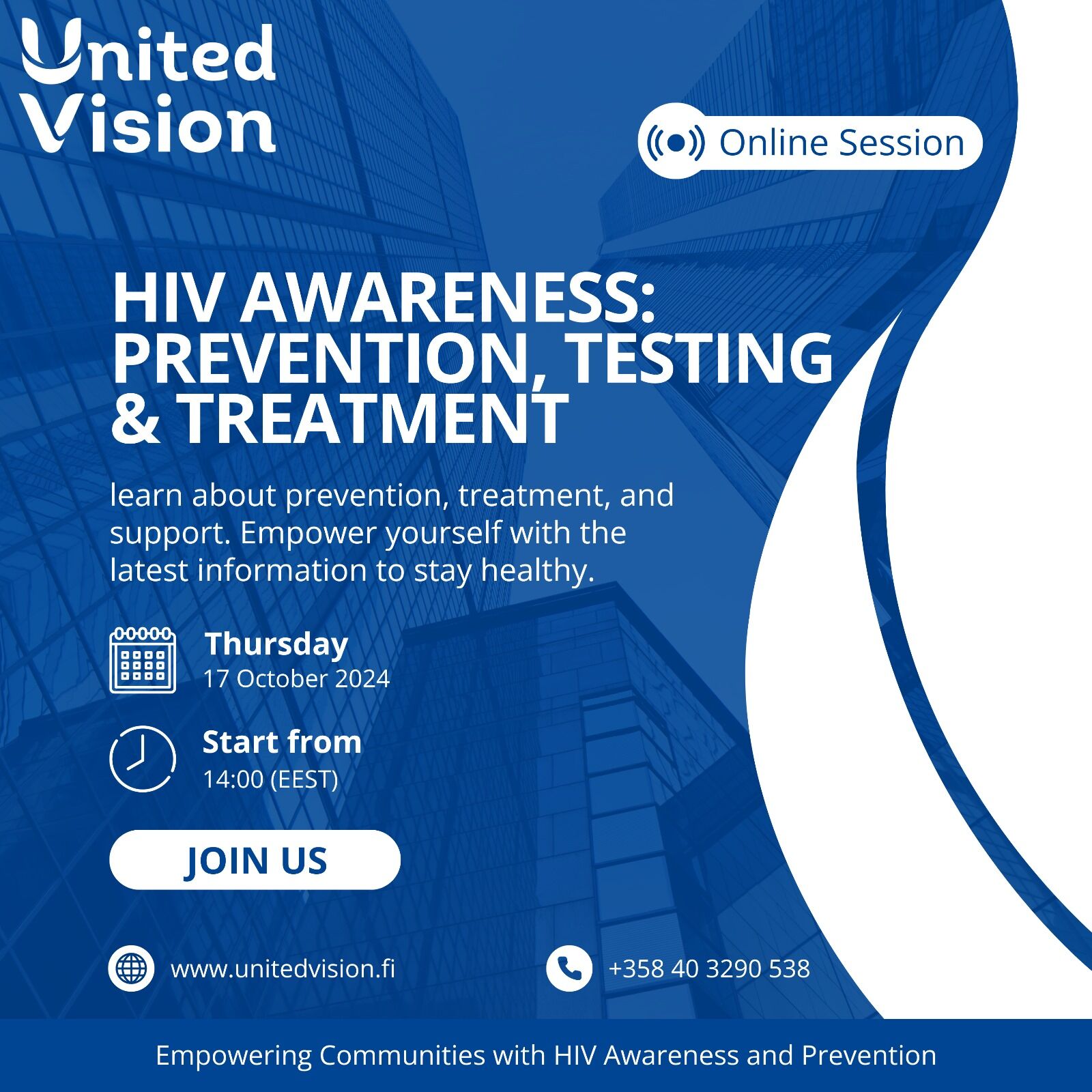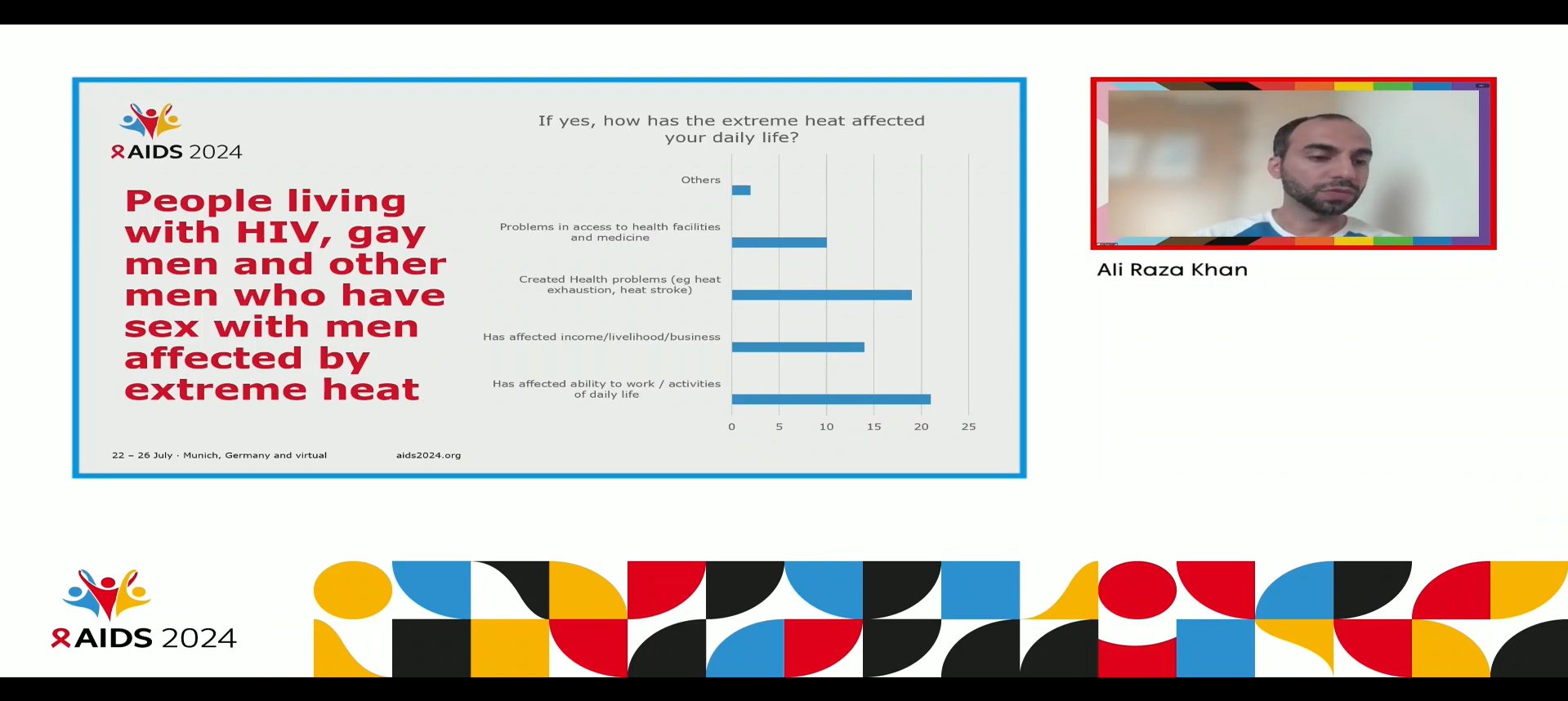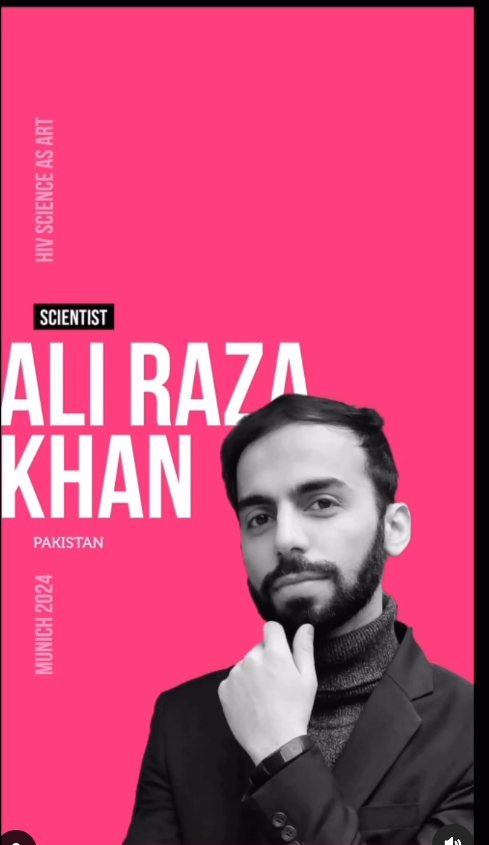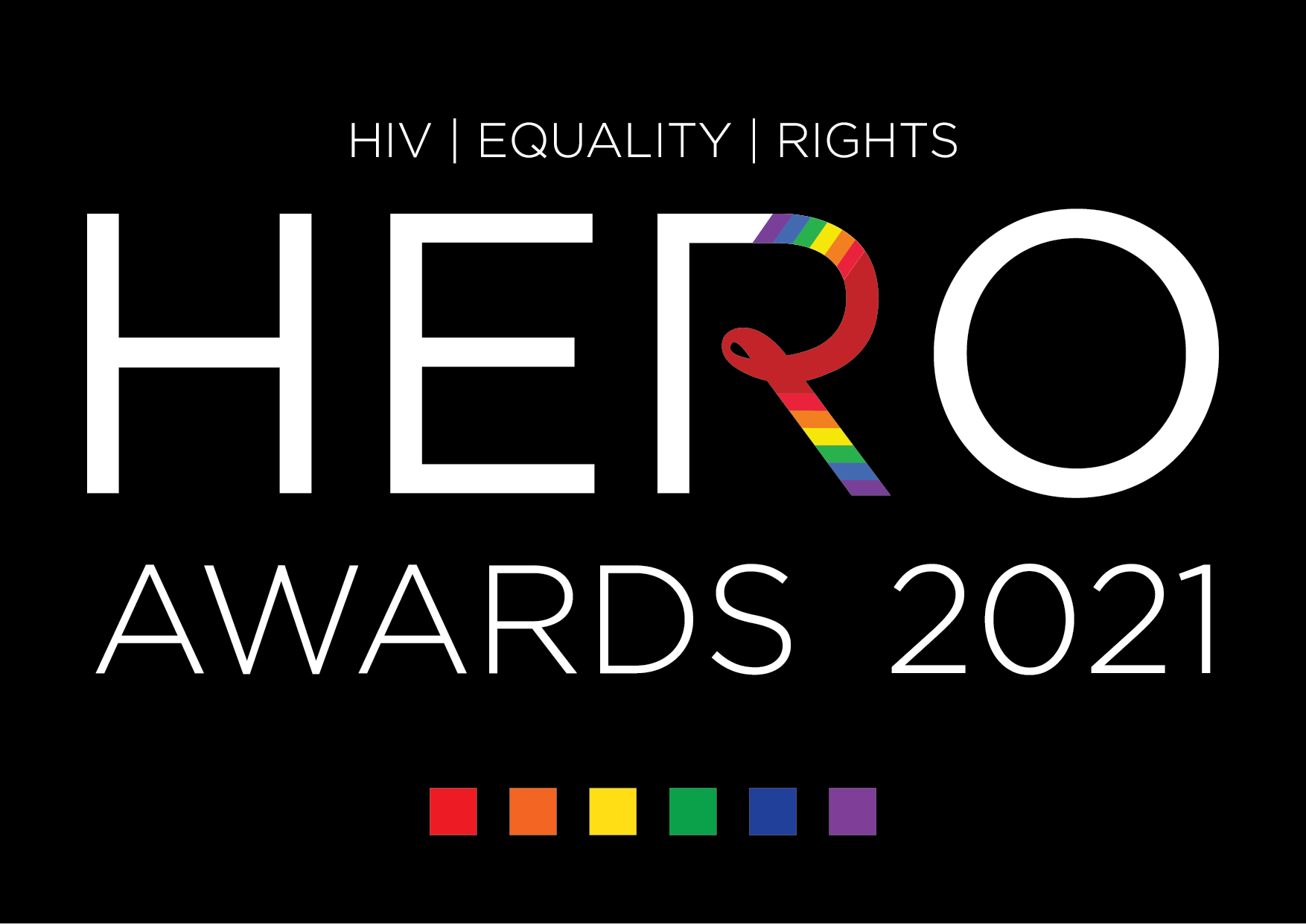Tag: Global Health
-

Play U=U Shield of Science: A New Interactive Artivism Experience by Ali Raza Khan
As a gay individual living with HIV and a dedicated activist in Pakistan, my work has always sat at the intersection of research, activism, and art. Today, I am proud to announce the latest piece of my digital “Artivism” portfolio: The U=U Shield of Science Game. In a country where HIV stigma is often fueled…
-
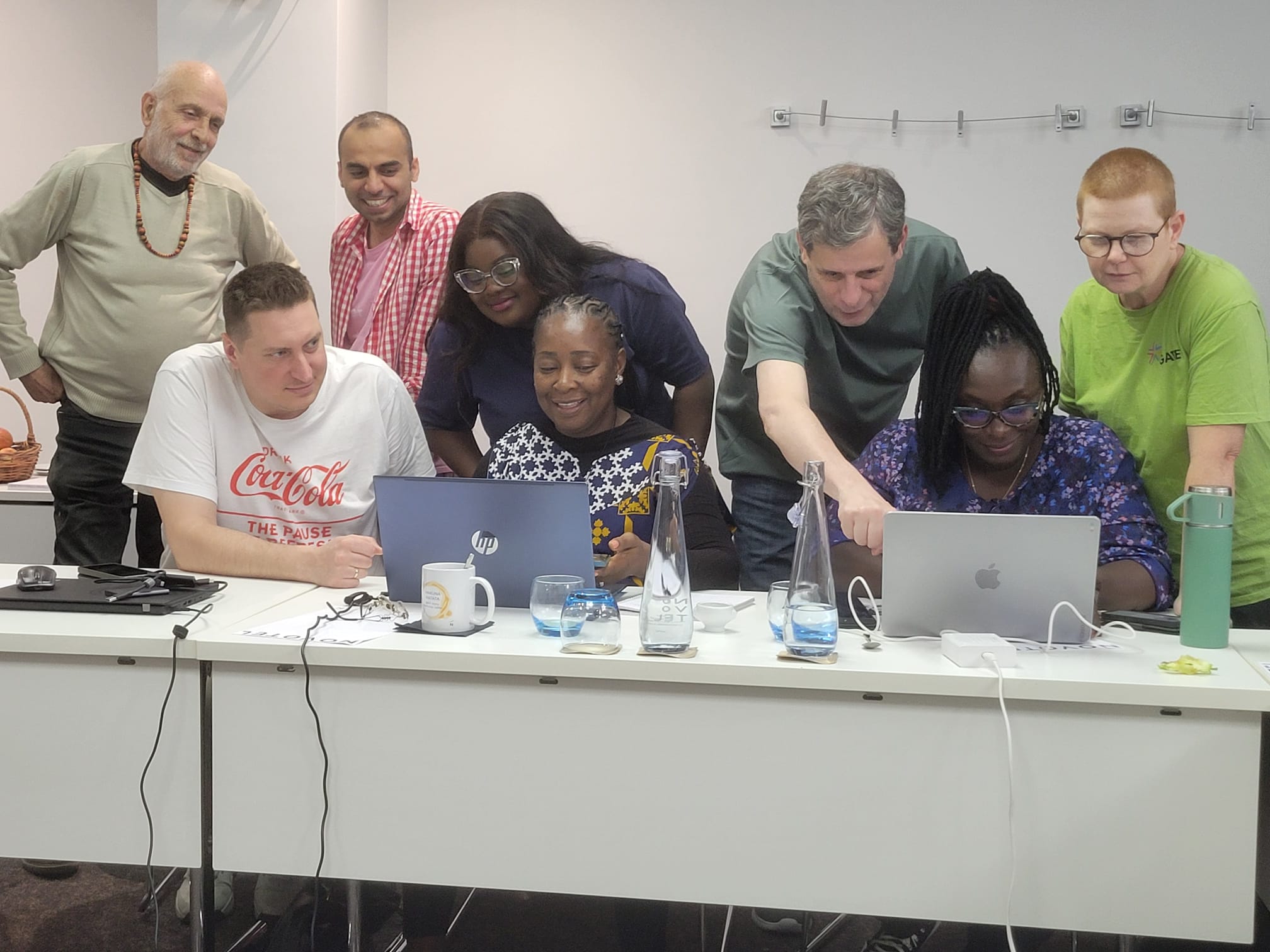
Communities Delegation Meets ahead of 53rd Global Fund Board Meeting
Held in Geneva I participated in the Communities Delegation preparation meeting as member of the delegation ahead of the 53rd global fund board meeting. The importance of meeting is significance after the pull out of US from major global entities they were funding. This brings the The Global Fund for HIV TB and Malaria programs…
-
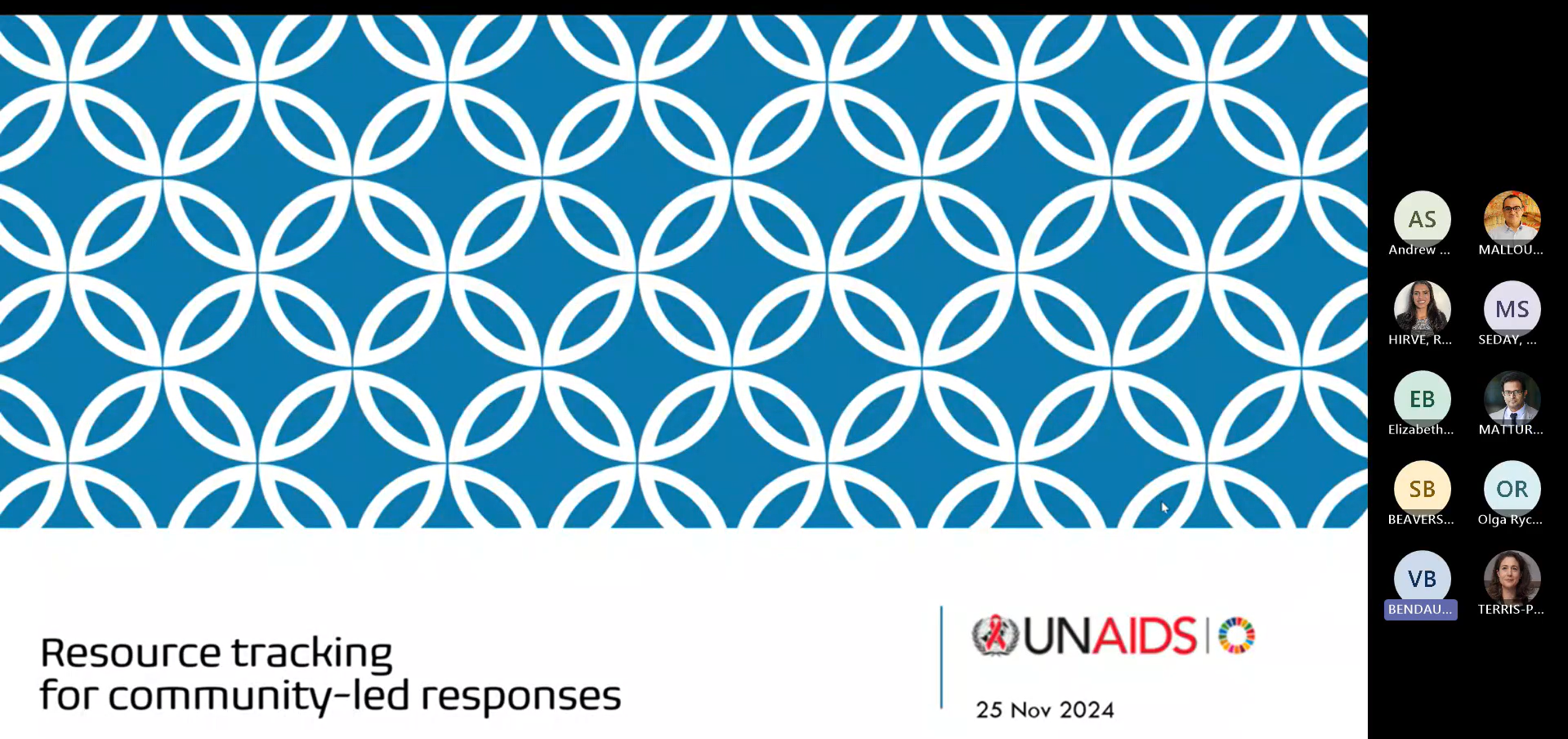
Ali Raza Khan Member UNAIDS Advisory Group on Monitoring the 30-80-60 Participated in Financial Data meeting
Exploring Financial Data as a Proxy for Monitoring Community-Led HIV Response This discussion focuses on the use of financial data to monitor the effectiveness of community-led HIV response efforts, specifically in relation to the 30-18-60 targets. The conversation builds upon a previous discussion in March, where Deepak presented initial findings on using financing data for…
-
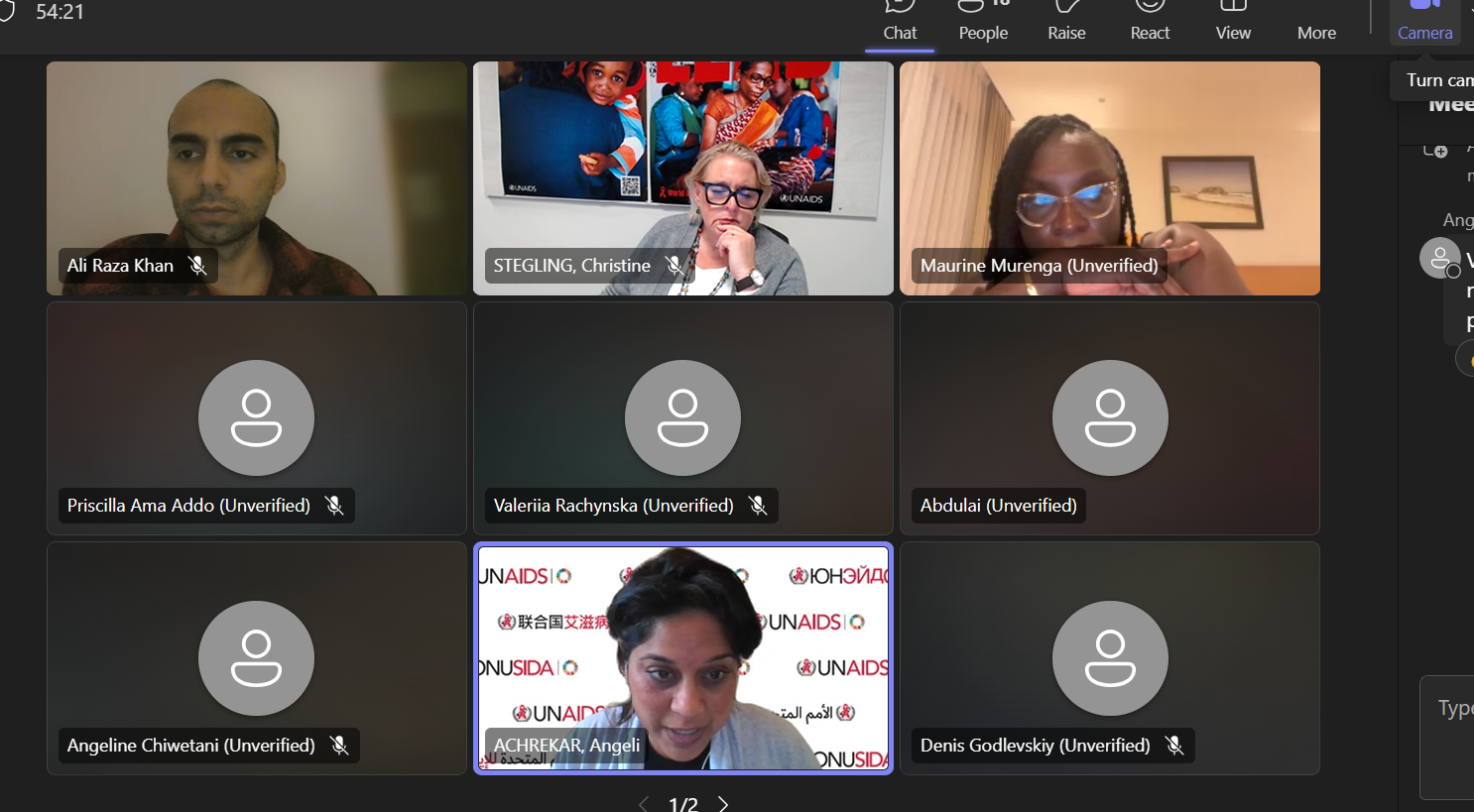
A Crucial Meeting with UNAIDS: Advocating for Sustained HIV Funding
Hello everyone, Ali Raza Khan here. As an HIV-positive gay activist and the founder of Pride Pakistan, I am dedicated to advocating for the rights and well-being of individuals living with HIV. Today, I had the privilege of meeting with key members of the UNAIDS team, including Angeli Achrekar, Deputy Executive Director for the Programme,…
-

Empowering Communities: Understanding the UNAIDS 30-60-80 Targets in the Fight Against HIV/AIDS
The fight against HIV/AIDS has seen tremendous progress in recent years. However, achieving the ambitious goal of ending the AIDS epidemic by 2030 requires innovative strategies and a focus on empowering the communities most affected by the virus. This is where the UNAIDS 30-60-80 targets come into play. What are the UNAIDS 30-60-80 Targets? The…
-

Ali Raza Khan’s Role in the IAS Regional Members’ Meeting: A Voice for Change
As an HIV-positive gay activist from Pakistan, my participation in the International AIDS Society (IAS) Regional Members’ Meeting is more than just a personal commitment. It represents the collective voice of marginalized communities striving for better healthcare and inclusivity. Being a proud member of the IAS since 2019, I have been actively engaged in its…
-
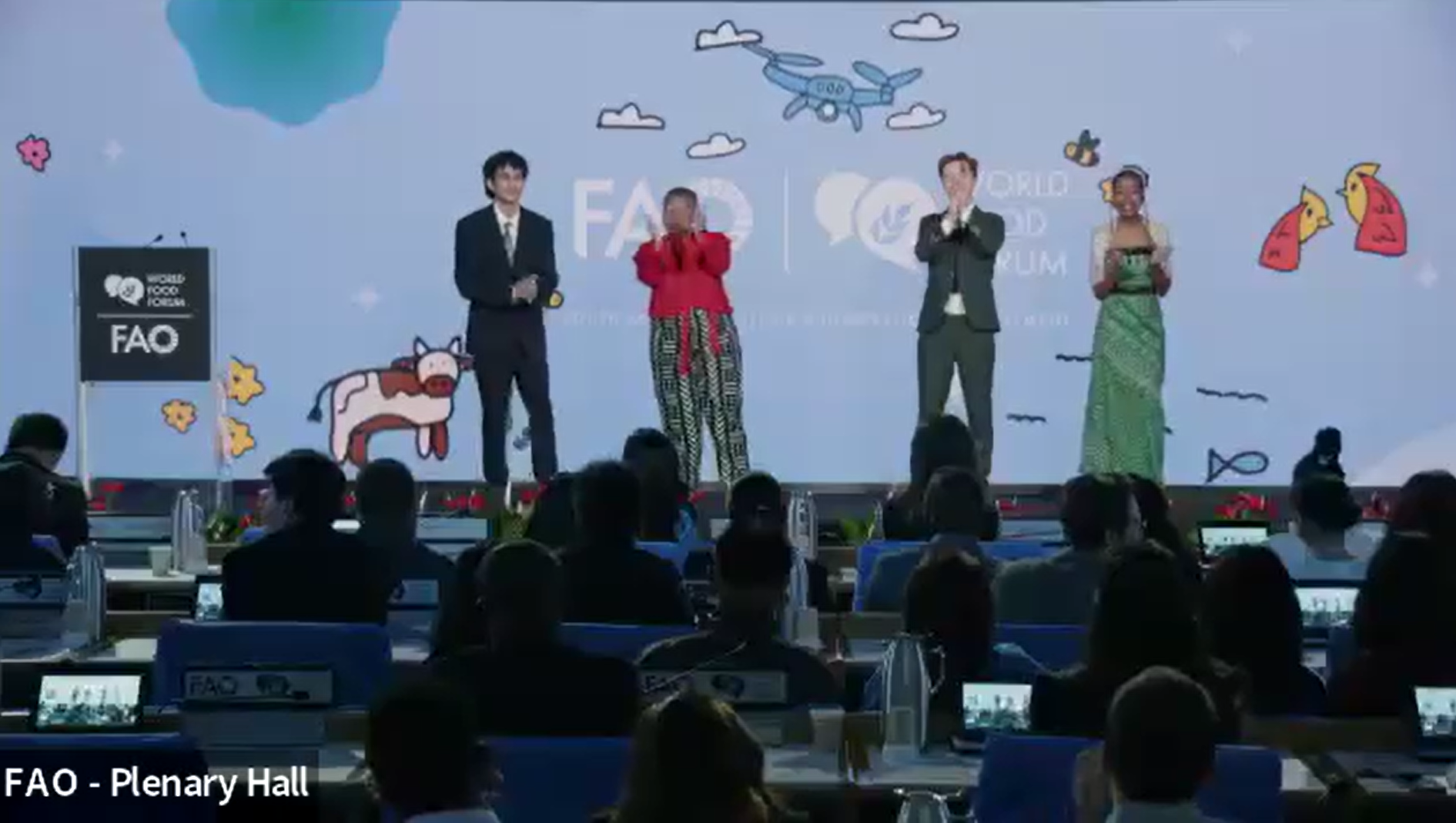
A Milestone Moment: Ali Raza Khan’s Participation in the World Food Forum 2024
I am excited to share that I, Ali Raza Khan, had the honor of participating in the World Food Forum 2024, hosted by the World Food Organisation (FAO) at their headquarters in Rome, Italy The event took place from October 14th to 18th, 2024, and featured a variety of sessions focused on youth engagement in…
-

Breaking Barriers: An Inclusive Approach to HIV Advocacy and Community Leadership
In the dynamic sphere of global health and human rights, fostering inclusive and comprehensive approaches is paramount. During the last week of October 2024, I had the distinct honor of participating in an online consultation held on 2nd October 2024, orchestrated by the Love Alliance Partnership in collaboration with STOPAIDS, WACI Health, and the Global…
-

Ali Raza Khan Advocates for Key Populations at the Communities Delagation to the Global Fund Board’s Lusaka Agenda Discussion
The Communities Delegation to the Board of the Global Fund recently convened to discuss the Lusaka Agenda, a pivotal initiative aimed at enhancing the involvement and engagement of key populations in the fight against HIV, TB, and malaria. Among the passionate voices at this discussion was Ali Raza Khan, an HIV-positive activist from Pakistan. Ali’s…
-
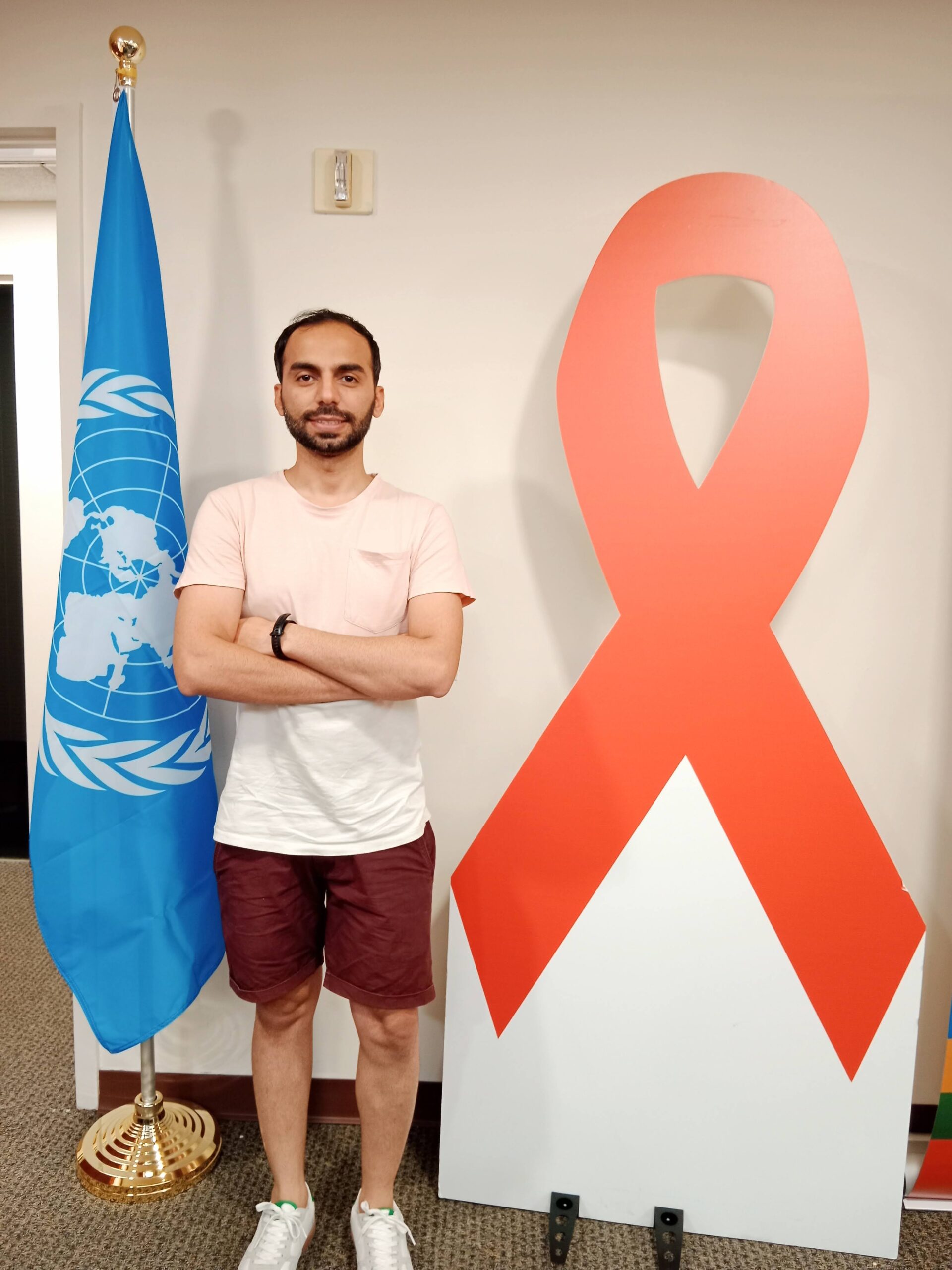
Speaker Ali Raza Khan: From Ruin to Resilience: Harnessing Community Strength in the Face of Natural Disasters
Munich, Germany – The AIDS 2024 conference will feature a pivotal session titled “From Ruin to Resilience: Harnessing Community Strength in the Face of Natural Disasters,” highlighting the critical intersection of climate change and public health. This scientific symposium, accredited for Continuing Medical Education (CME), will take place on July 25, 2024, from 15:00 to…
-
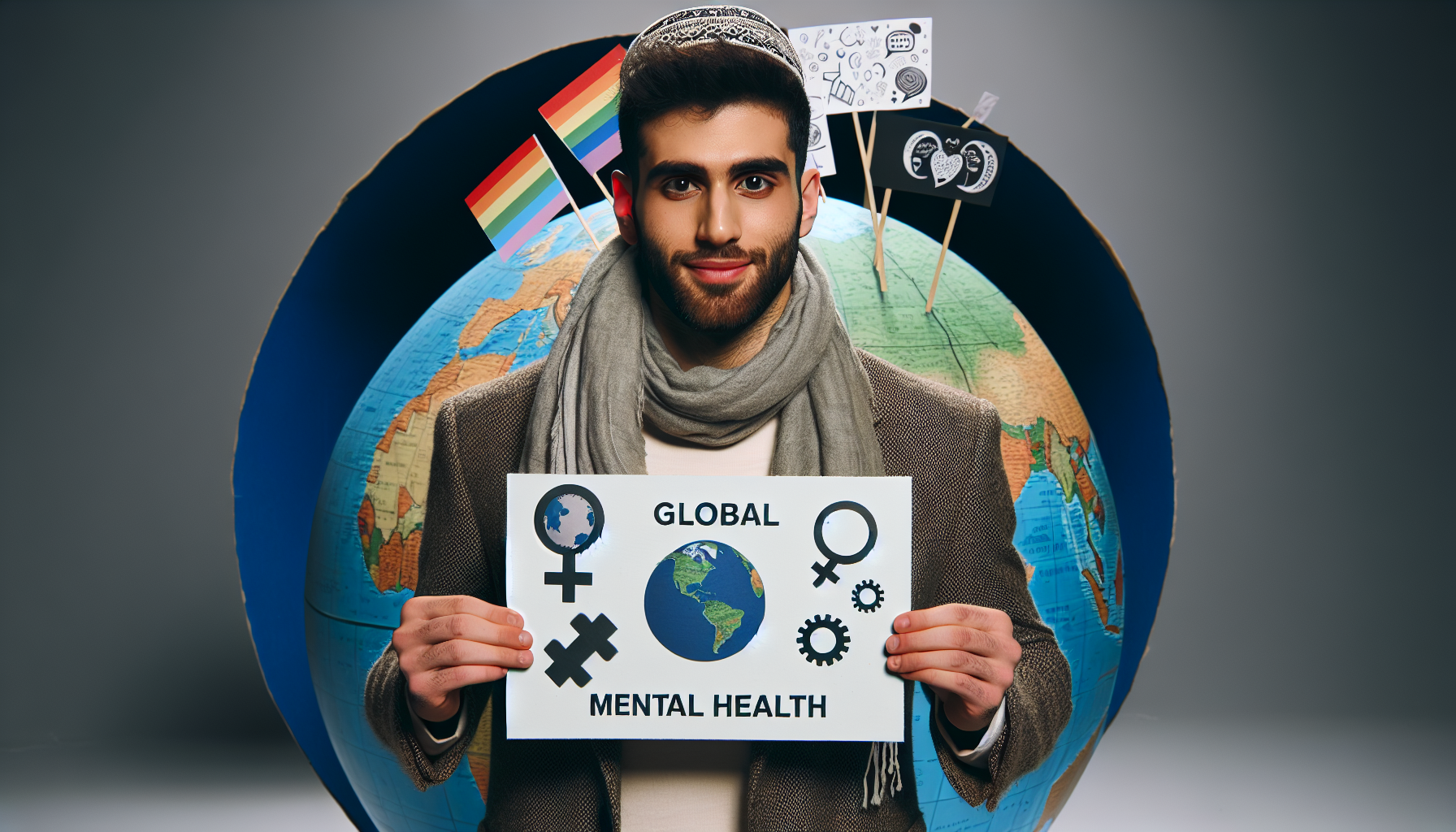
Mental Health and Global Health
The importance of mental health in global health, particularly during a pandemic, cannot be overstated. Mental health plays a critical role in overall well-being and is intricately connected to physical health, social functioning, and the ability to cope with challenges and adversity. Here are some key reasons why mental health should be prioritized in global…
-

My Journey as a Member of the UNAIDS Global Advisory Group
Hey there! 🌟 I wanted to share some exciting and important news with you all. In May 2023, I was invited to join the UNAIDS Global Advisory Group on Monitoring the 30-80-60 Targets. Since then, I’ve had the privilege of serving as a member of this incredible team. As an HIV-positive gay activist from Pakistan,…
-

First Meeting of the UNAIDS Global Advisory Group on Monitoring the 30-80-60 Targets: A Robust Start
On May 10th, 2023, the UNAIDS Global Advisory Group on Monitoring the 30-80-60 Targets convened for their first meeting. This group, composed of global stakeholders dedicated to advancing the fight against HIV, gathered to discuss the development of a monitoring framework for the ambitious 30-80-60 targets set in the 2021 Political Declaration on HIV and…
-

Ali Raza Khan Joins UNAIDS Global Advisory Group on Monitoring the 30-80-60 Targets
Ali Raza Khan, an HIV-positive gay activist from Pakistan, has been invited to join the UNAIDS Global Advisory Group on Monitoring the 30-80-60 Targets. This esteemed group comprises global stakeholders dedicated to advancing the fight against HIV. Ali’s involvement marks a significant step towards ensuring the voices of young HIV-positive gay individuals and sex workers…
-
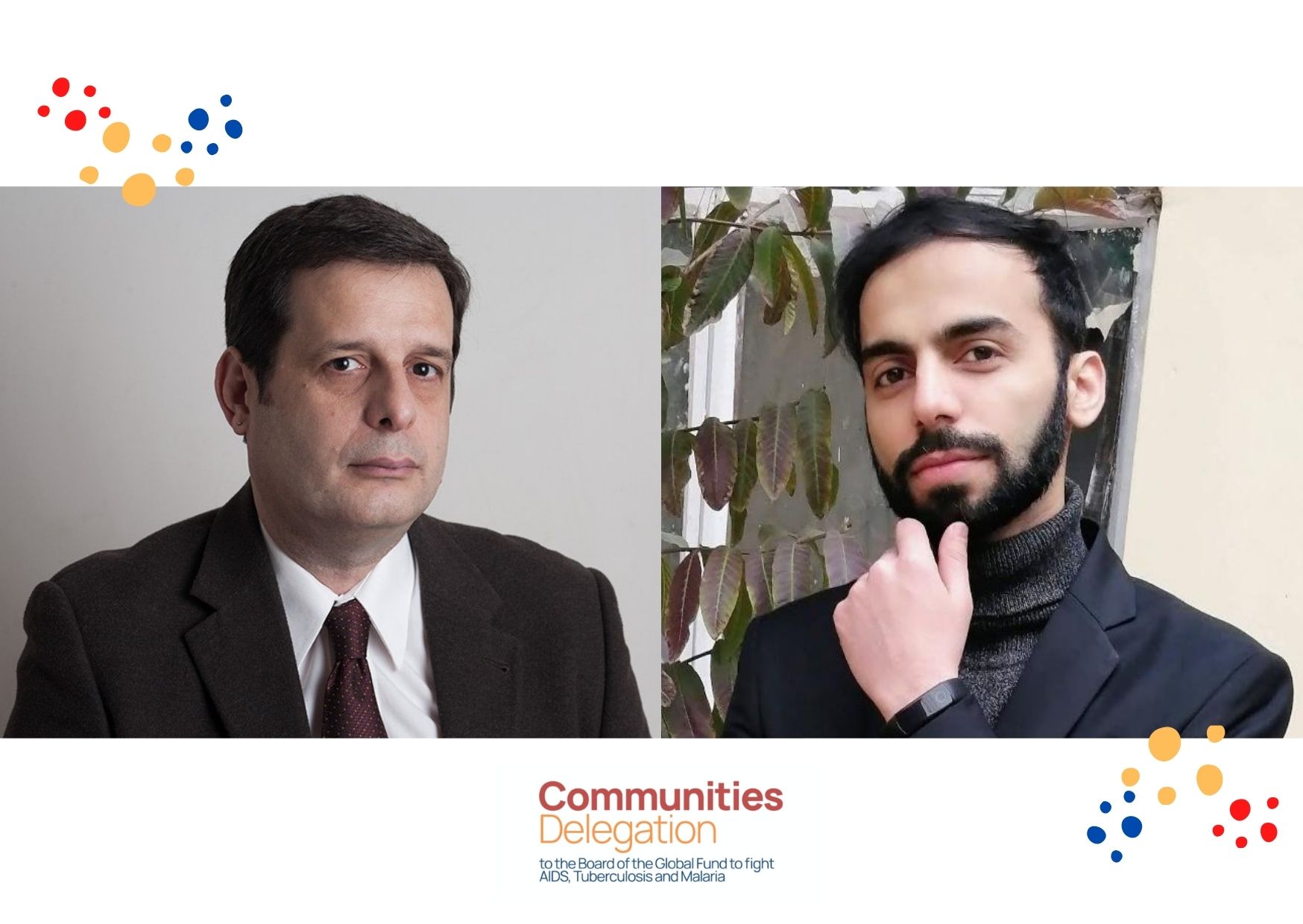
Communities Delegation to the Global Fund Board appoints Mr Ali Raza Khan as Alternate Board Member
Tuesday, 25th January 2022The Communities Delegation of people living with and affected by HIV, TB and malaria (Communities Delegation) to the Global Fund Board has the pleasure to announce the appointment of Mr Javier Hourcade as the Board Member and Mr Ali Raza Khan as the Alternate Board Member. The constituency confirmed and welcomed the…

